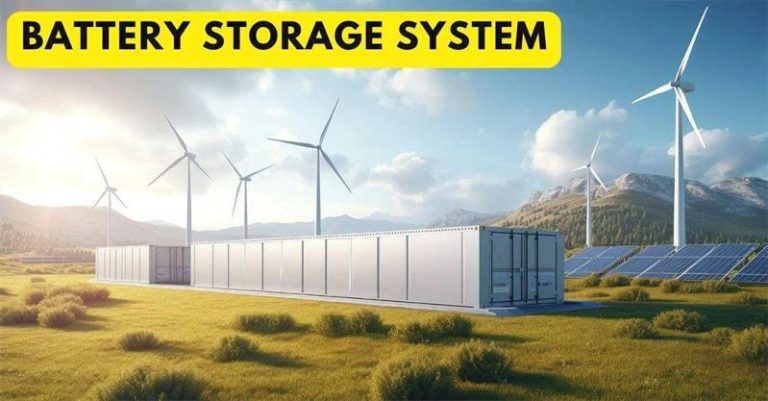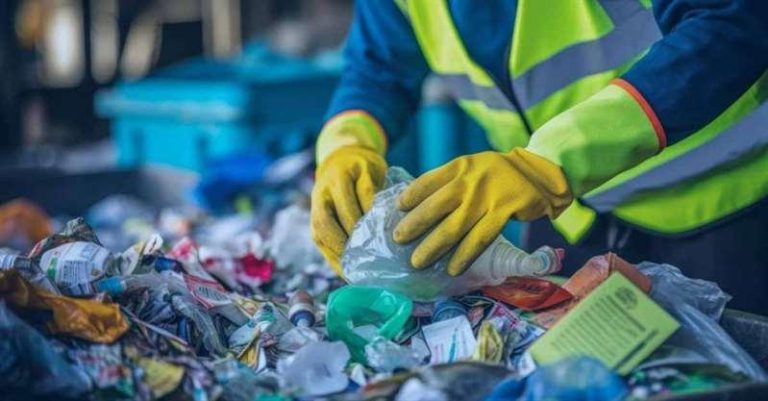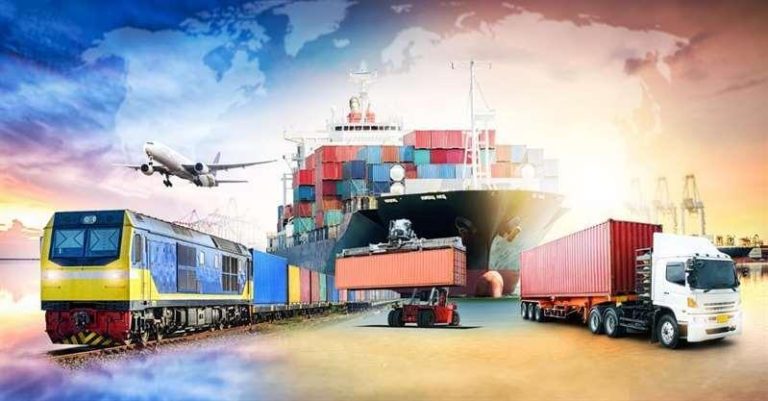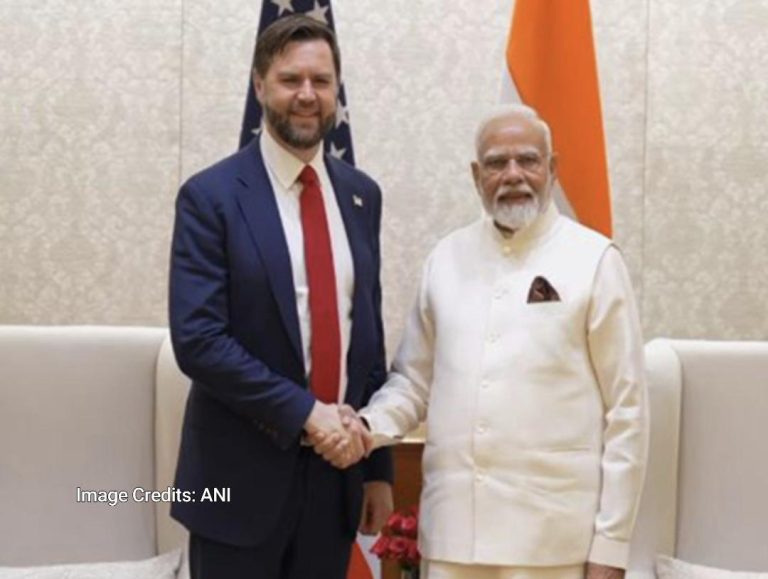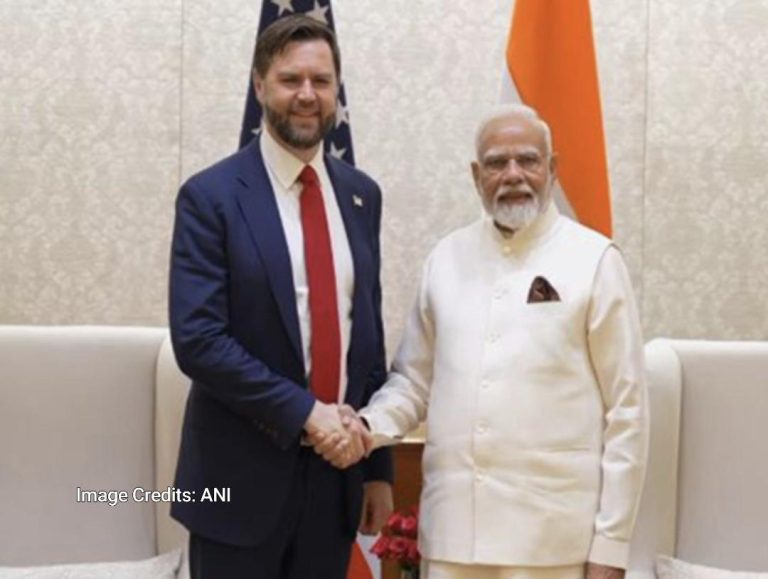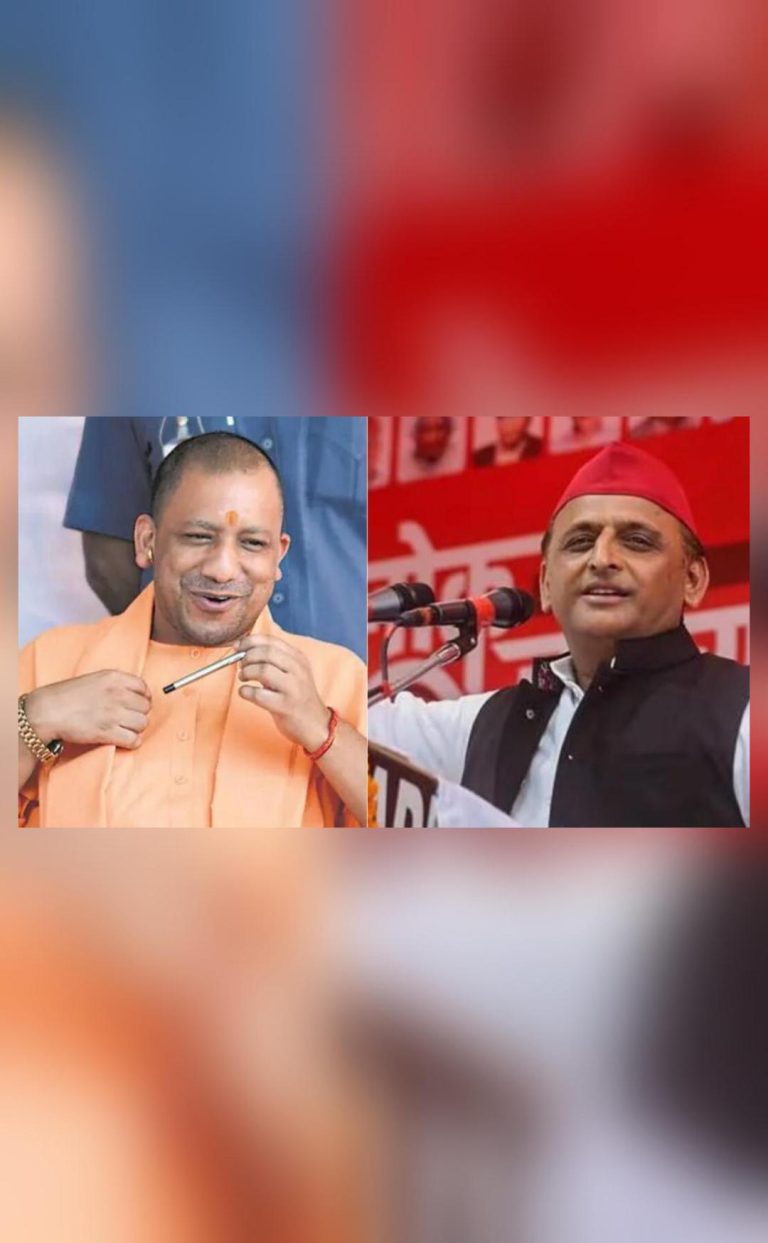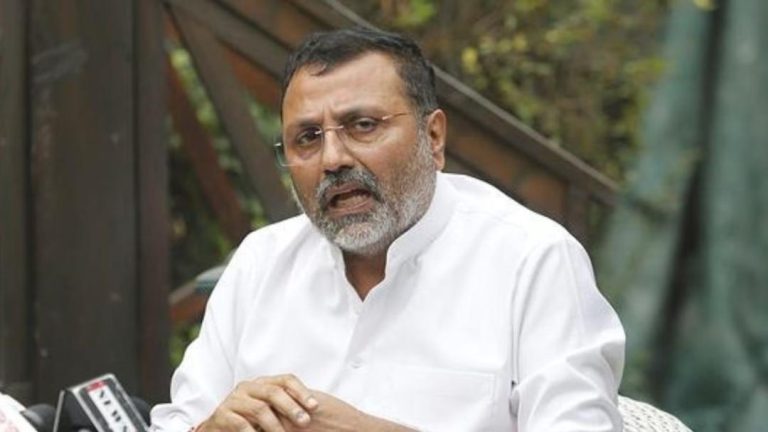
We’ll Have Speed, Not Haste: Goyal as India & UK Resume FTA Talks
In a significant development, India and the United Kingdom have decided to restart negotiations for a free-trade agreement (FTA) after a brief hiatus. The announcement was made by Union Minister of Commerce Piyush Goyal, who met UK Business and Trade Secretary Jonathan Reynolds to discuss the resumption of the talks. When asked if an FTA could be expected by this year, Goyal emphasized that India will prioritize speed but not haste, stating, “It’s never too late to conclude a good agreement…We’ll have speed but not haste.”
The decision to revive the FTA talks comes as a welcome relief to businesses and industries on both sides, who have been eagerly awaiting the outcome of the negotiations. The UK, which left the European Union (EU) in 2020, has been keen to establish new trade agreements with countries around the world, including India. Similarly, India has been looking to expand its trade ties with the UK, which is one of its largest trading partners.
The FTA negotiations between India and the UK began in 2021, with the aim of reducing tariffs and non-tariff barriers to increase trade between the two countries. However, the talks were put on hold due to various reasons, including the UK’s transition to a new government and the COVID-19 pandemic.
In recent months, there have been reports of progress in the talks, with both sides expressing optimism about the prospects of a deal. Goyal’s statement suggests that the negotiations are now back on track, with a renewed focus on concluding a comprehensive and mutually beneficial agreement.
So, what does the resumption of FTA talks mean for businesses and industries in India and the UK? For starters, it could lead to increased trade and investment between the two countries. An FTA would reduce tariffs and other trade barriers, making it easier for companies to export goods and services to each other. This, in turn, could create new opportunities for businesses to expand their operations and increase their revenue.
Moreover, an FTA could also help to boost economic growth in both countries. By increasing trade and investment, an FTA could create new jobs and stimulate economic activity, which could have a positive impact on GDP and overall economic well-being.
In addition to the economic benefits, an FTA could also have significant implications for India’s and the UK’s strategic interests. The two countries have a long history of cooperation on a range of issues, including security, defense, and counter-terrorism. An FTA could be seen as a symbol of their strong bilateral relationship and a vote of confidence in each other’s economic systems.
Of course, there are also challenges and complexities involved in the FTA talks. One of the main issues is the need to balance the interests of different industries and sectors. For example, Indian farmers have expressed concerns about the potential impact of an FTA on their livelihoods, while UK businesses have raised concerns about the need for greater market access.
Another challenge is the need to address the issue of intellectual property rights (IPRs). India has a reputation for being a hub for generic medicines and other low-cost goods, which has led to concerns about the potential impact of an FTA on IPRs. The UK, on the other hand, has been pushing for stronger IPRs, which has led to tensions in the negotiations.
Despite these challenges, Goyal’s statement suggests that India and the UK are committed to making progress on the FTA talks. He emphasized the need for speed, but also stressed the importance of getting the agreement right, saying, “It’s never too late to conclude a good agreement…We’ll have speed but not haste.”
In conclusion, the resumption of FTA talks between India and the UK is a significant development that could have far-reaching implications for businesses and industries on both sides. While there are challenges and complexities involved, the potential benefits of an FTA make it well worth the effort. As Goyal said, India and the UK will have speed, but not haste, in concluding a good agreement that benefits both countries.
